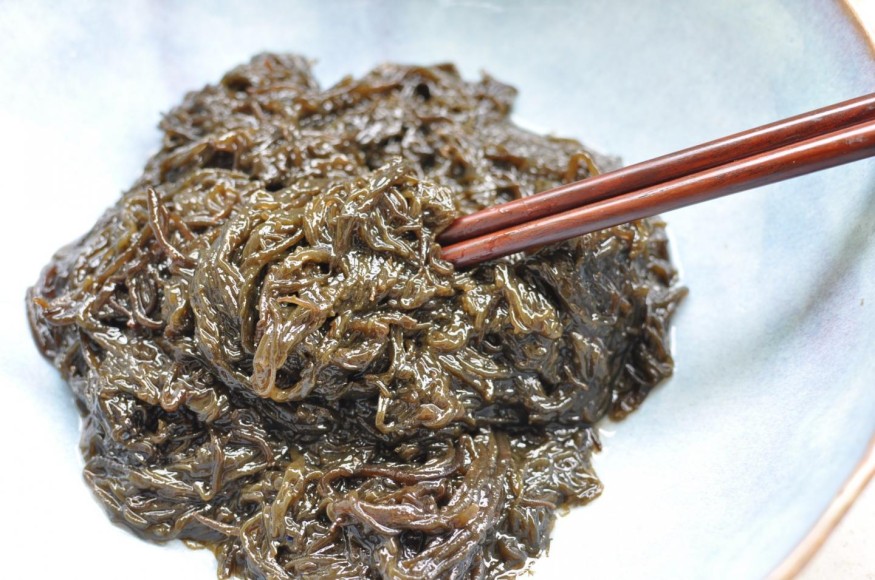Compounds from seaweed are utilized to enhance the results of bypass surgery. Researchers are employing a natural substance produced from seaweed to encourage vascular cell proliferation, minimize blood clots, and enhance the functionality of synthetic vascular grafts used in heart bypass surgery.

Critical Medical Research
The new method, created and tested at the University of Waterloo, is crucial in situations involving small artificial blood veins or those with a diameter of fewer than six millimeters, which are vulnerable to clots that can grow into complete blockages.
The leading cause of synthetic vascular graft failure continues to be thrombogenesis. An antithrombogenic surface requires endothelial coverage. However, transanastomotic endothelial migration is constrained in synthetic materials because they generally do not support cell adhesion. As polyvinyl alcohol is not endothelial cell-adhesive, a surface modification technique utilizing fucoidan and topography was created in this case to enable quick in situ endothelialization.
According to Dr. Evelyn Yim, professor of chemical engineering and University Research Chair in charge of the research, "there is a critical need to produce synthetic vascular graft materials that would boost the rate of long-term functioning."
Using Seaweeds

Fucoidan, a substance derived from seaweed, was used by researchers to alter synthetic blood vessels. The structure of fucoidan is comparable to that of the anticoagulant medication heparin.
Fucoidan encourages the growth of vascular cells around the inner surface of the graft when used with a nanotechnology technique called micropatterning, significantly lowering the likelihood of clot formation.
Patients may benefit from fewer problems, a higher quality of life, and a lower likelihood of recurring blockages necessitating further medication or surgery.
According to Yim, head of the Waterloo Regenerative Nanomedicine Lab, a useful, readily available small-diameter vascular graft would help save lives. They will be significantly more durable and permit unrestricted blood flow is crucial.
When veins become obstructed, bypass surgery is done to reestablish blood flow to certain parts of the heart. Although patient-derived vessels are ideal for grafts, their limited availability frequently necessitates using artificial vessels.
Grafts are used in medical treatments to treat vascular disorders and restore blood supply to essential organs and tissues, including the brain and legs, in addition to heart bypass surgery.
There is a significant risk of clots when synthetic graft material prevents vascular cells from developing on the interior of an artery or vessel. Clots can progress to complete blockages or create inflammation that inhibits blood flow.
Careful Experiment
Before moving on to clinical trials, Yim hopes to expand the testing of the novel method to big animals utilizing fucoidan and micropatterning.
In this endeavor, several researchers from the chemical engineering departments at Waterloo and biomedical engineering at Oregon Health and Science University worked together.
According to a study published in the journal Bioactive Materials, in situ endothelialization on acellular synthetic vascular grafts was enhanced by fucoidan and topographical modification.
For similar news, don't forget to follow Nature World News!
© 2025 NatureWorldNews.com All rights reserved. Do not reproduce without permission.





